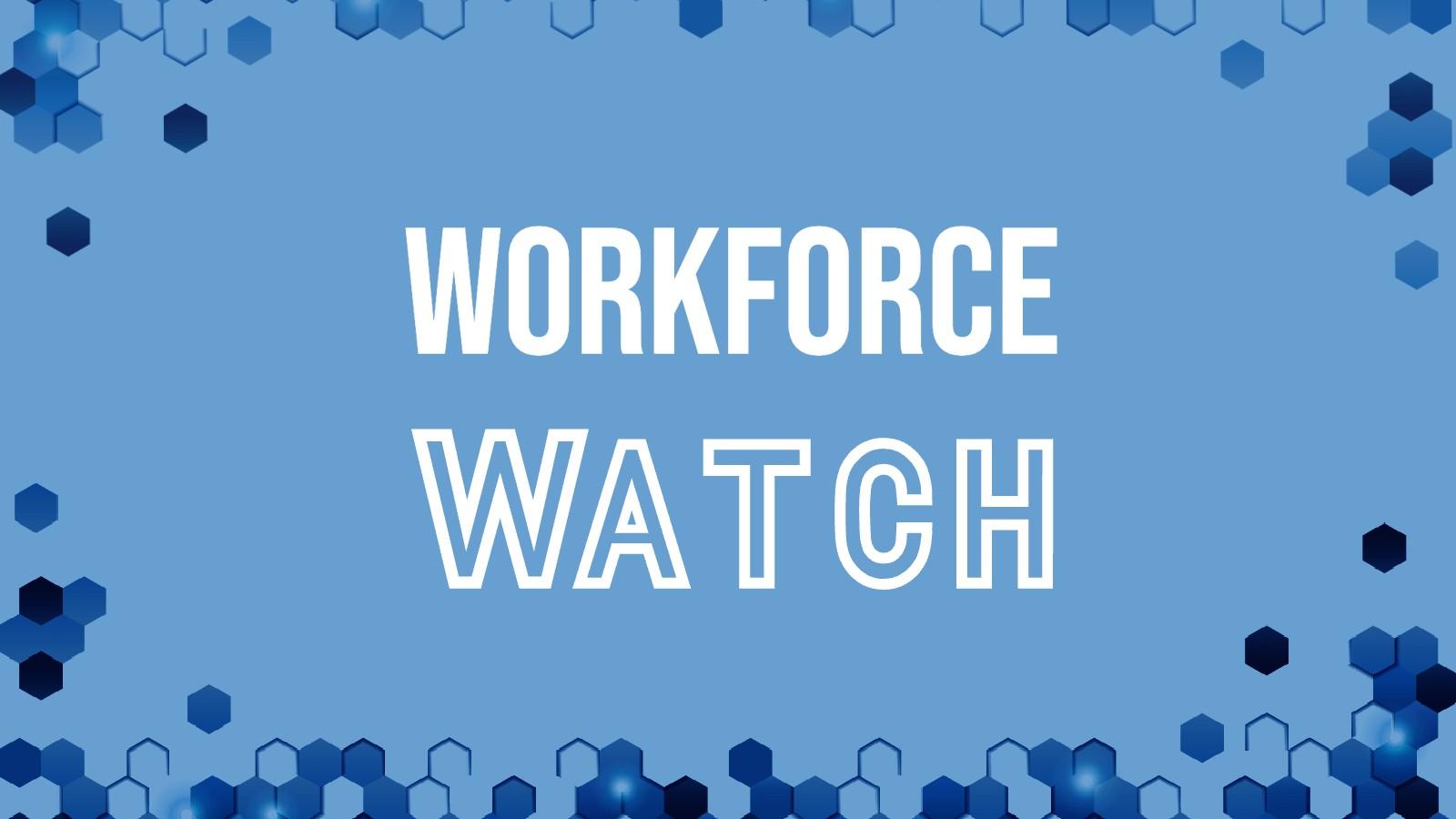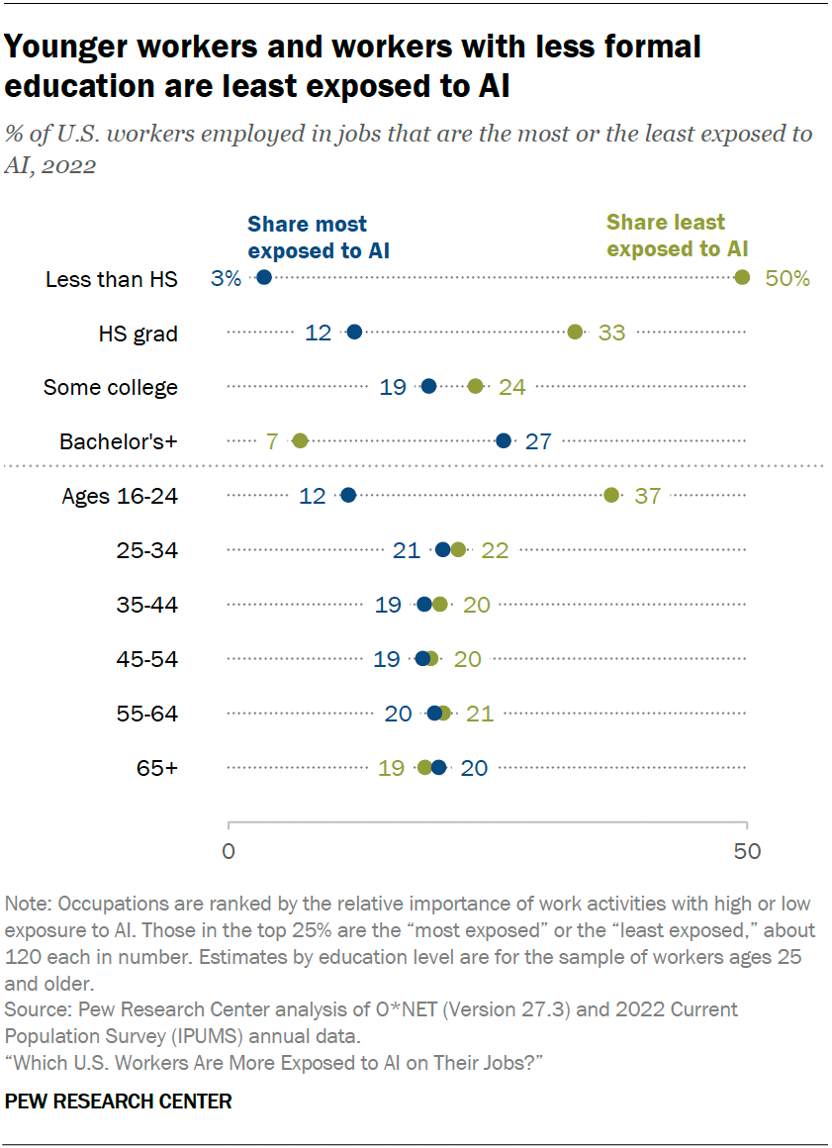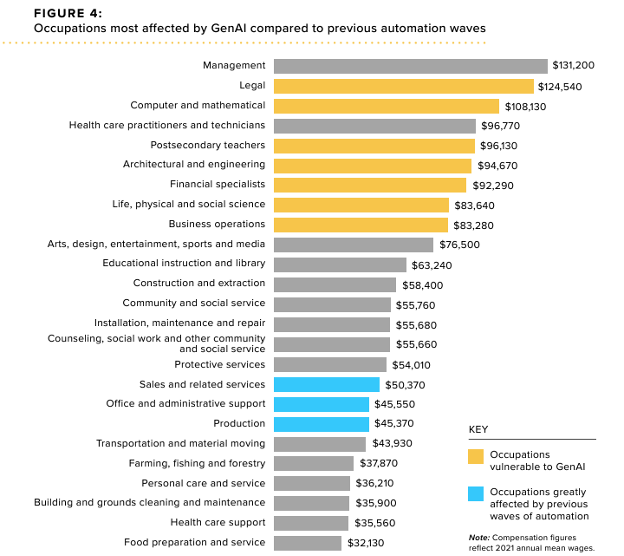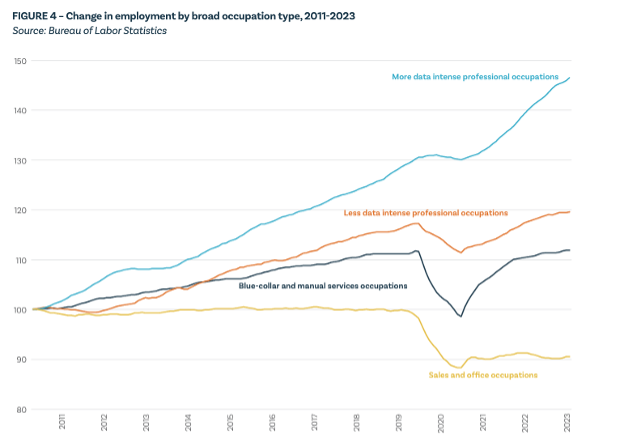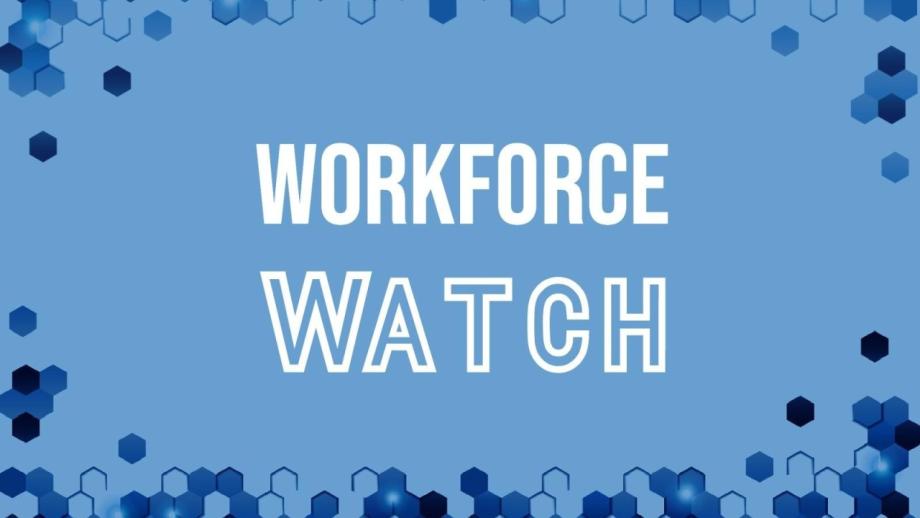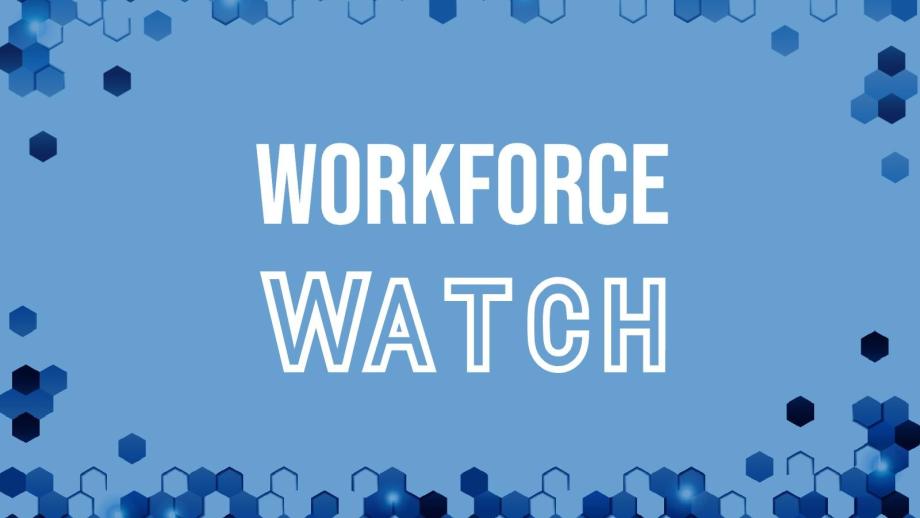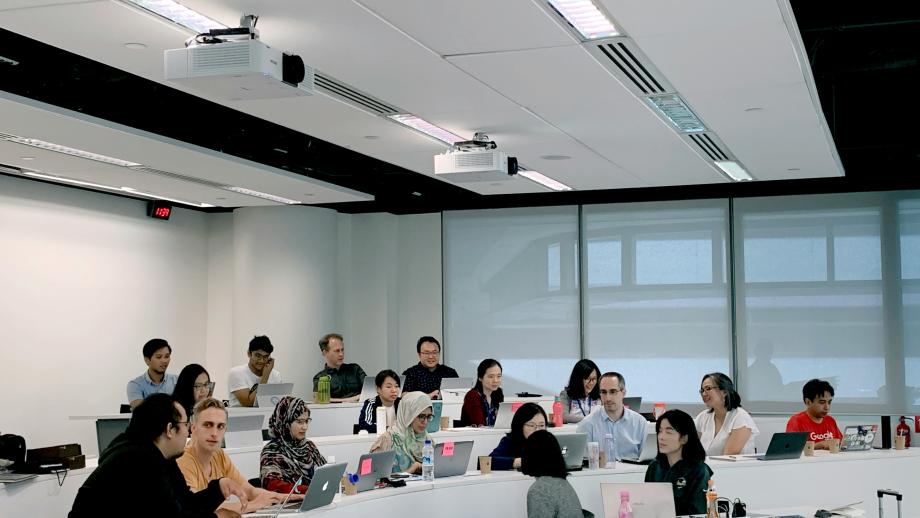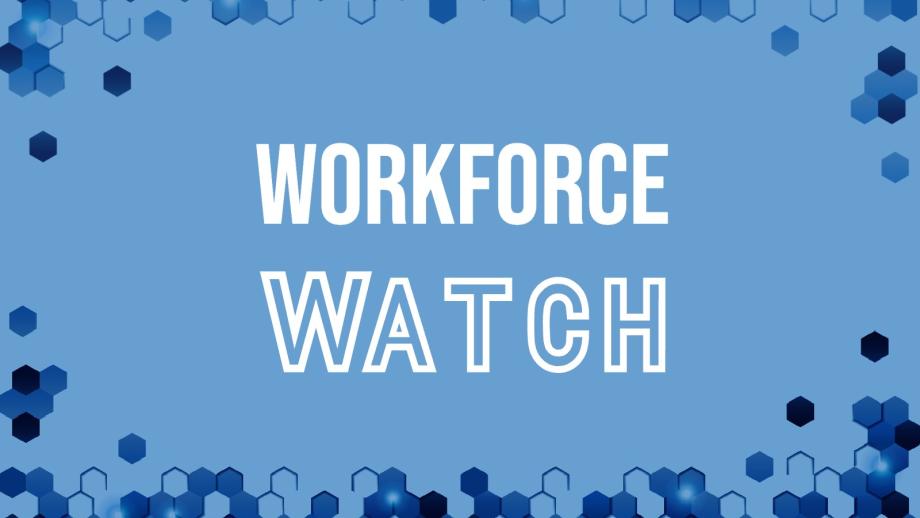AI is rapidly reshaping jobs and work, displacing some, creating new roles, and transforming tasks through automation or augmentation. While uncertainty remains about AI’s overall workforce impact, our research identifies five key criteria indicating which occupations are most susceptible to AI-driven transformation:
1. Require College Education.
*Data and Graph from Pew Research Center
2. High Skill and High Paying.
Occupations most vulnerable to AI, particularly GenAI (yelllow), tend to be higher paying than those impacted by previous waves of automation (blue). While the data connects high-paying jobs to greater vulnerability, this is likely tied to the nature of these roles as high skill or knowledge work jobs. Occupations such as Legal, Computer and Mathematics, and Architectural and Engineering require advanced expertise and credentials.
*Data and Graph from Burning Glass Institute: "Generative Artificial Intelligence and the Workforce"
3. Rely on Technology.
The AI – Enabled ICT Workforce Consortium (led by member Accenture) predicts that over 91.5% of Information and Communications Technology job roles they analyzed will experience either high (more than 70% of principal skills affected) or moderate (between 50% and 70% of principal skills affected) transformation due to advancements in AI.
4. Use Analytical or Data Skills.
AI, particularly Generative AI, can automate a wide range of tasks, especially those that are routine, repetitive, or data-related, such as data entry, processing, predictive analytics, and administrative functions. Examples include:
- Marketing and Communications: AI can streamline marketing efforts by analyzing market trends, conducting research, collecting data, and even drafting communications.
- Product Development: AI can evaluate data on user preferences and purchase history to recommend new product features or improvements.
- Software Development: AI can efficiently analyze, clean, and label vast amounts of data, speeding up the development process.
5. Large or Fast-Growing Occupations.
The occupations that have been the fastest-growing over the past decade have been data-intensive ones. As AI is more likely to transform occupations that require data-related skills and tasks, AI is likely to transform/impact some of the fastest-growing occupations.
*Data and Graph from Burning Glass Institute: "Data Science is for Everyone"
What occupations meet the criteria for AI transformation?
It is no surprise that tech and engineering occupations meet the criteria for AI transformation as they require a college degree, are high skill and high paying, heavily use technology, require data skills and are fast growing. We’re also digging into front-line roles like sales and marketing and professional and financial services roles, as they also exhibit the factors that make them most susceptible to AI transformation––meaning that we need to be rethinking how we educate and train for these professions of the future.

